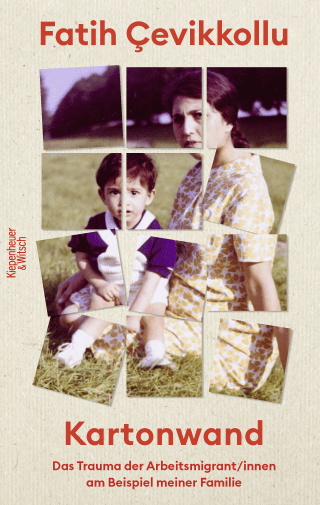When Fatih Çevikkollu’s mother died, he admitted to himself that she had been mentally ill in her old age. And he asked himself: Was there a connection between her psychological plight and her fate as a so-called “Gastarbeiter” in Germany in the 1960s?
Symbolizing the dream of imminent happiness back home: a whole wall of cardboard boxes containing everything of beauty and value – for life later on, in Turkey. You may not be welcome in Germany, but you can survive anything if it doesn’t last too long. It’s not worth learning German or creating a home here – after all, you’ll be going back soon. The children were sent back and forth: "Kofferkinder", or “suitcase children.” But how does it affect people when they realize at some point that their dream of going home will never come true? Fatih Çevikkollu describes his life and that of his Turkish family, his parents’ dreams and disappointments, and talks to experts about the consequences of labor migration, which has traumatized families to this day – a topic that, to date, has only been debated in specialist circles yet should take center stage.

